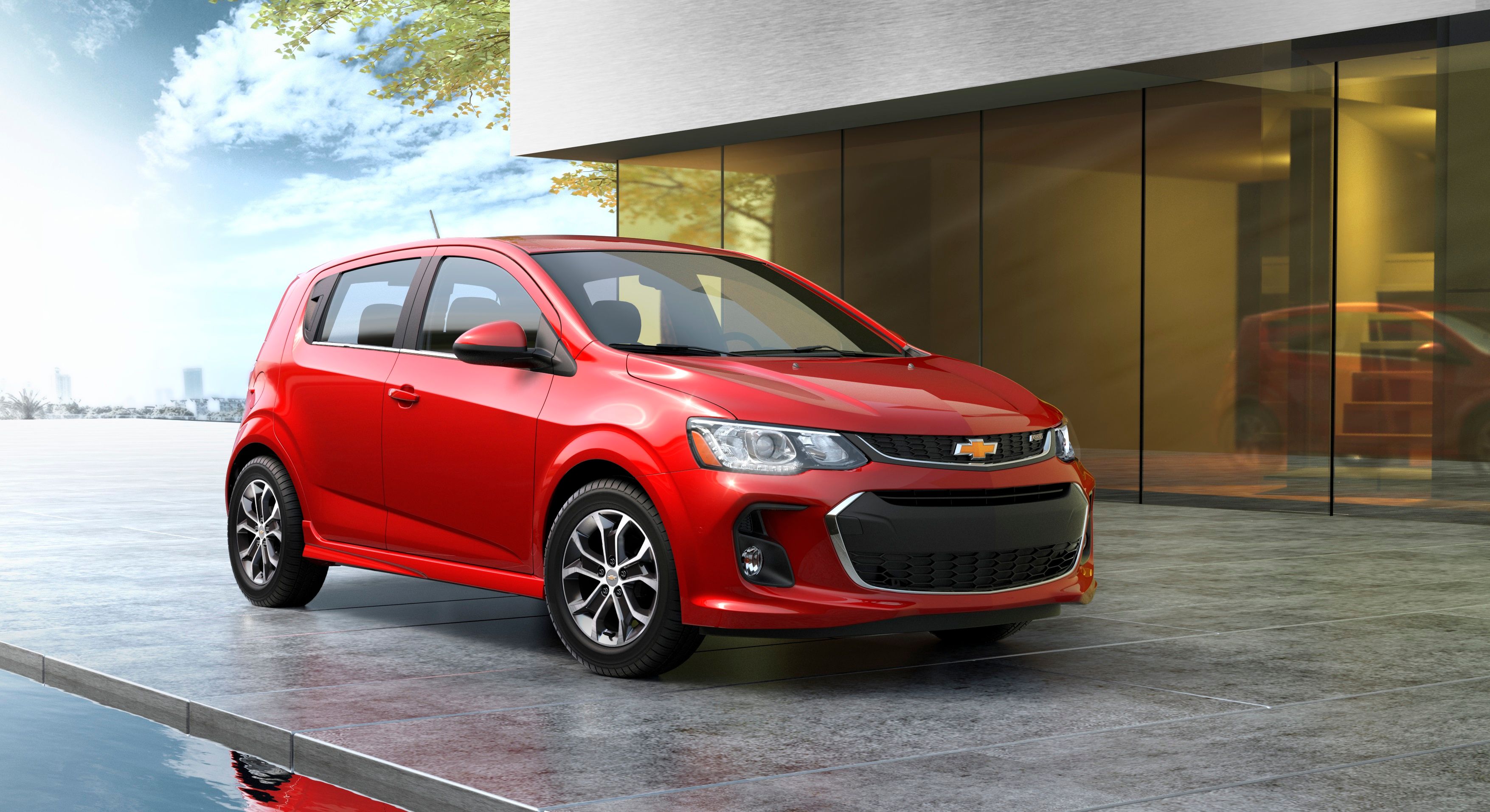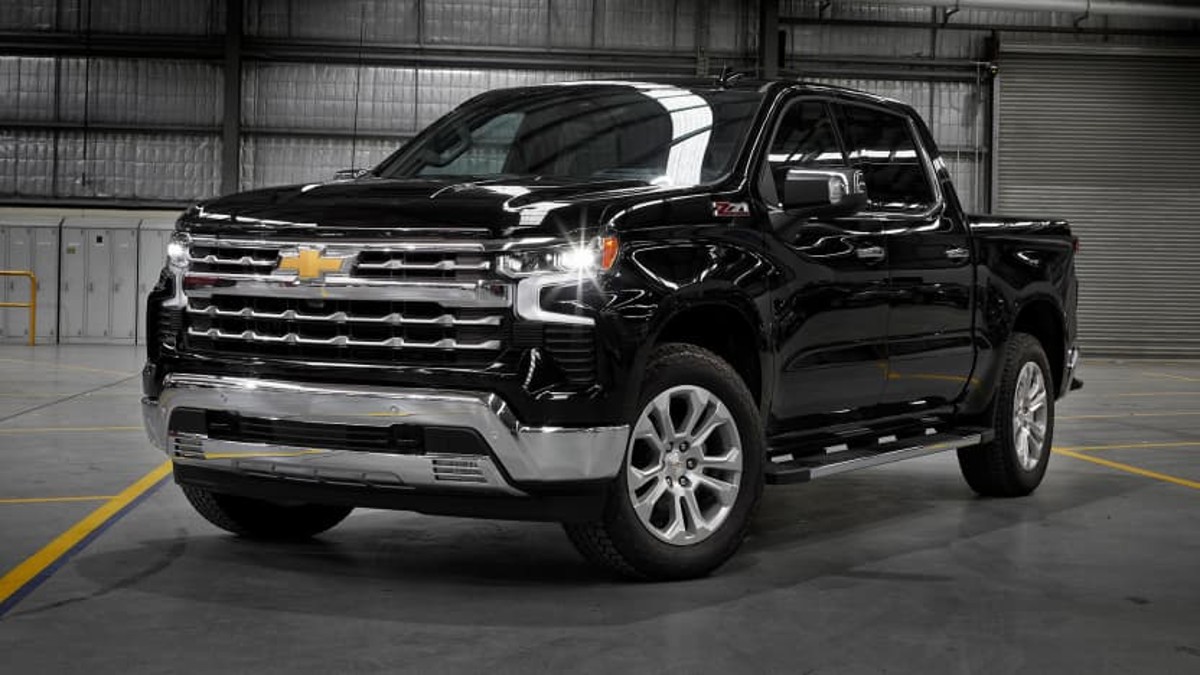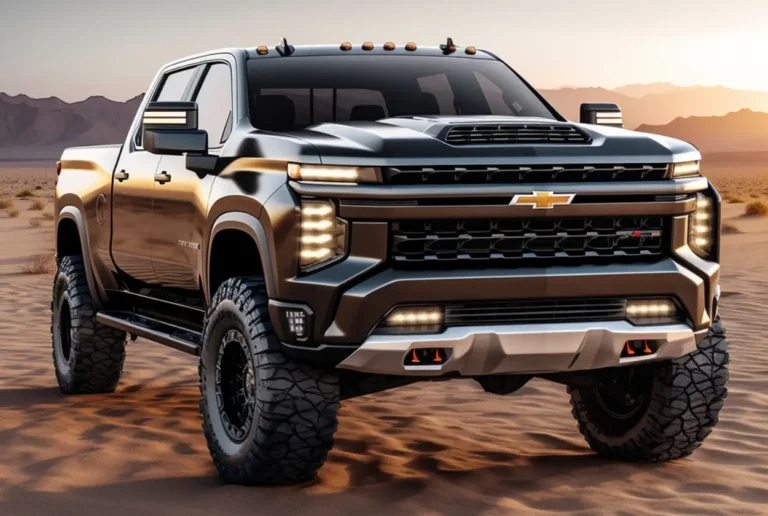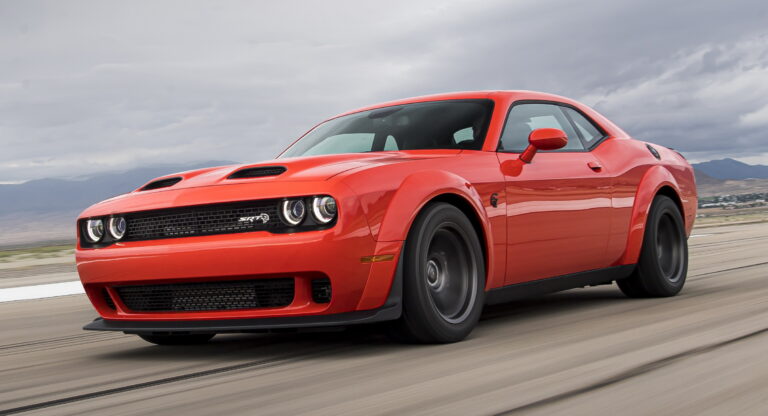Chevy 2500 Work Trucks For Sale: Your Comprehensive Buying Guide
Chevy 2500 Work Trucks For Sale: Your Comprehensive Buying Guide cars.truckstrend.com
For businesses and individuals who demand uncompromising power, durability, and reliability, the Chevrolet Silverado 2500 HD stands as a cornerstone in the world of heavy-duty work trucks. Whether you’re hauling heavy equipment to a construction site, towing a substantial trailer for a landscaping business, or simply need a robust vehicle capable of handling the toughest tasks, a Chevy 2500 work truck is often the ideal solution. This comprehensive guide will navigate you through everything you need to know about finding and purchasing the perfect Chevy 2500 work truck for sale, ensuring you make an informed decision that meets your specific operational needs.
Understanding the Chevy Silverado 2500 HD Work Truck
Chevy 2500 Work Trucks For Sale: Your Comprehensive Buying Guide
The "work truck" designation for a Chevy 2500 HD typically refers to its primary purpose: utility and performance over luxury. While higher trims like LT or High Country offer more creature comforts, the true workhorse variants often come in the WT (Work Truck) or Custom trims. These models are engineered with a focus on robust capabilities, featuring heavy-duty frames, powerful engine options, and configurations designed for maximum payload and towing.
Key Characteristics:
- Heavy-Duty Chassis: Built to withstand immense stress from heavy loads and demanding terrain.
- Powerful Engine Options: Primarily the 6.6L V8 gasoline engine and the formidable 6.6L Duramax Turbo-Diesel V8, often paired with an Allison 10-speed automatic transmission.
- High Capacities: Exceptional towing and payload ratings that surpass light-duty trucks.
- Diverse Configurations: Available in Regular Cab, Double Cab, and Crew Cab layouts, with Standard Beds or Long Beds, offering flexibility for various crew sizes and cargo needs.
- Utility-Focused Features: Often includes integrated trailer brake controllers, heavy-duty cooling systems, and available upfit provisions like power take-off (PTO) access.

Why Choose a Chevy 2500 for Your Work Needs?
The decision to invest in a Chevy 2500 for your professional endeavors comes with a multitude of benefits that directly impact efficiency, productivity, and your bottom line.
- Unrivaled Power and Performance: The available 6.6L Duramax diesel engine, a favorite among heavy-duty truck users, delivers immense torque for effortless towing of large trailers, RVs, and equipment. Even the standard 6.6L gasoline V8 offers substantial power for most demanding tasks, providing a more affordable entry point.
- Exceptional Durability and Reliability: Chevy 2500s are purpose-built to endure punishing work environments. Their robust construction and proven powertrains translate into a longer lifespan and less downtime, which is crucial for any business. This inherent reliability also contributes to strong resale value.
- Versatility and Customization: From construction and landscaping to plumbing, electrical, and towing services, the Chevy 2500 can be tailored to almost any trade. Its strong frame and capable engine make it an ideal platform for various upfits, including service bodies, utility beds, snow plows, and dump inserts, enhancing its functionality as a mobile workstation.
- Comfort and Technology (Even in Work Trims): While focused on utility, modern Chevy 2500 work trucks still offer comfortable interiors and essential technology. Features like large touchscreens, smartphone integration (Apple CarPlay/Android Auto), and crucial safety technologies (like rearview cameras and trailering assist features) enhance both driver comfort and operational safety.
- Extensive Support Network: Chevrolet’s widespread dealer network ensures easy access to parts, service, and expert technicians, minimizing potential disruptions to your operations.


Navigating the Market: Where to Find Chevy 2500 Work Trucks For Sale
Finding the right Chevy 2500 work truck involves exploring various avenues, each with its own advantages and considerations.
- New Truck Dealerships: Ideal for those seeking the latest features, full manufacturer warranties, and customizable options directly from the factory. Dealerships also offer comprehensive financing packages.
- Used Truck Dealerships (and Certified Pre-Owned): A popular choice for balancing cost savings with reliability. Many dealerships offer certified pre-owned (CPO) programs, which include rigorous inspections and extended warranties, providing peace of mind.
- Online Marketplaces: Websites like AutoTrader, Cars.com, Kelley Blue Book, and local classifieds (e.g., Facebook Marketplace, Craigslist) offer a vast selection of both dealership and private seller listings. These platforms allow for broad searches based on location, price, year, and features.
- Private Sellers: Often the source of the best deals, but they come with more inherent risk as there’s no dealer backing. Thorough due diligence, including a pre-purchase inspection, is paramount.
- Fleet Sales and Auctions: Businesses frequently cycle out their work trucks, making decommissioned fleet vehicles available. While often high-mileage, these trucks are typically well-maintained. Government and commercial auctions can offer competitive pricing, but require expertise in evaluating vehicles quickly.
Key Considerations When Buying a Chevy 2500 Work Truck
To ensure your investment is sound, keep these critical factors in mind during your search:
- Budget: Define your maximum expenditure. New trucks offer immediate depreciation but full warranties. Used trucks provide significant savings but require careful inspection of their history and condition.
- Engine Choice (Gas vs. Diesel):
- 6.6L Gasoline V8: Lower upfront cost, simpler maintenance, excellent for moderate towing/hauling, and typically preferred for stop-and-go city driving.
- 6.6L Duramax Diesel V8: Higher upfront cost, superior towing capacity (especially for very heavy loads), better fuel economy under load, and renowned for longevity. Ideal for constant heavy-duty use.
- Cab and Bed Configuration:
- Regular Cab: Two doors, one row of seating. Best for maximum bed length (often only available with Long Bed) and maneuverability in tight spaces, but limited passenger capacity.
- Double Cab: Four doors, but smaller rear seating. A good compromise for occasional extra passengers while maintaining decent bed length.
- Crew Cab: Full four-door, spacious rear seating. Ideal for larger crews, but often comes with a shorter bed.
- Standard Bed vs. Long Bed: Choose based on the length of materials or tools you typically transport.
- Mileage and Condition (for Used Trucks): For used models, inquire about the truck’s service history, previous use (personal vs. commercial fleet), and any accidents. Inspect for rust, excessive wear and tear on the interior, and any signs of neglect. High mileage isn’t always a deal-breaker for a well-maintained heavy-duty truck.
- Towing and Payload Needs: Crucially, verify that the specific truck’s Gross Vehicle Weight Rating (GVWR), Gross Combined Weight Rating (GCWR), payload, and towing capacities meet or exceed your operational requirements. Don’t just rely on general model specs; check the specific vehicle’s door jamb sticker.
- Upfitting Potential: If you plan to add a service body, snow plow, or other specialized equipment, ensure the truck has the necessary provisions (e.g., strong alternator, pre-wired connections, correct suspension).
Tips for a Successful Purchase
- Define Your Needs Clearly: Before you start looking, make a list of your non-negotiable requirements (engine type, cab size, towing capacity, budget).
- Research Thoroughly: Read reviews for specific model years, identify common issues, and compare prices across multiple sellers.
- Get a Pre-Purchase Inspection (PPI): For any used truck, have an independent, trusted mechanic perform a comprehensive inspection. This can uncover hidden problems and save you significant money down the road.
- Check Vehicle History Reports: Utilize services like CarFax or AutoCheck to review accident history, service records, and title issues (salvage, flood, etc.).
- Test Drive Extensively: Drive the truck on various road types, including highways and local roads. If possible, test it with a load similar to what you’ll be hauling. Listen for unusual noises, check all electronics, and test the brakes and transmission thoroughly.
- Negotiate Wisely: Be prepared with market data for comparable trucks. Don’t be afraid to walk away if the deal isn’t right.
- Factor in Ongoing Costs: Remember to account for fuel, insurance, registration, and routine maintenance in your overall budget. Diesel trucks often have higher maintenance costs but can offer better fuel economy for heavy use.
Potential Challenges and Solutions
- High Demand/Price: Chevy 2500s are popular. Be prepared for competitive pricing. Consider expanding your search radius or looking at slightly older model years to find a better deal.
- Identifying "True" Work Trucks: Sometimes higher trims are marketed as work trucks. Look for WT or Custom badging, vinyl or cloth interiors, and fewer luxury features to ensure you’re getting a utility-focused model that hasn’t been over-optioned.
- Mileage Concerns on Used Models: While heavy-duty trucks are built to last, extremely high mileage without proper service records can be a red flag. Prioritize trucks with documented maintenance history, even if the mileage is high.
- Rust and Wear: Work trucks are exposed to harsh conditions. Thoroughly inspect the frame, suspension components, and body panels for rust, especially in colder climates where salt is used on roads.
- Financing for Small Businesses: If you’re a new business or have limited credit history, securing financing can be a challenge. Explore commercial vehicle loans, credit unions, and dealership financing options, and be prepared to provide a solid business plan.
Price Table: Representative Chevy 2500 Work Trucks For Sale
Prices for Chevy 2500 work trucks vary significantly based on model year, mileage, condition, engine type, cab configuration, and specific trim level. The table below provides a representative range for typical "work truck" focused models (WT or Custom trims) as of late 2023/early 2024.
| Category | Model Year (Example) | Engine Type | Cab/Bed Configuration | Estimated Price Range (USD) | Key Considerations |
|---|---|---|---|---|---|
| New Work Truck | 2024 | 6.6L Gas | Regular Cab, Long Bed | $45,000 – $55,000 | Base trim, robust, full warranty |
| New Work Truck | 2024 | 6.6L Gas | Crew Cab, Standard Bed | $50,000 – $65,000 | More passenger space, still work-focused |
| New Work Truck | 2024 | 6.6L Duramax | Regular Cab, Long Bed | $55,000 – $70,000+ | Premium power, higher towing, excellent longevity |
| New Work Truck | 2024 | 6.6L Duramax | Crew Cab, Standard Bed | $60,000 – $75,000+ | Top-tier towing, crew capacity, higher investment |
| Used Work Truck | 2020-2022 | 6.6L Gas | Various | $35,000 – $55,000 | Moderate mileage, good value, recent tech |
| Used Work Truck | 2020-2022 | 6.6L Duramax | Various | $45,000 – $70,000 | Excellent power, often higher mileage |
| Used Work Truck | 2017-2019 | 6.6L Gas | Various | $25,000 – $45,000 | Higher mileage possible, solid workhorse |
| Used Work Truck | 2017-2019 | 6.6L Duramax | Various | $35,000 – $55,000 | Proven reliability, good for budget-conscious |
| Older Work Truck | 2010-2016 | Various | Various | $15,000 – $30,000 | Higher mileage, potential for more repairs, great value |
Note: Prices are estimates and can fluctuate widely based on specific condition, region, demand, and included features/upfits. Always confirm exact pricing with the seller.
Frequently Asked Questions (FAQ)
Q1: What’s the main difference between a Chevy 1500, 2500, and 3500?
A1: The numbers denote capability. 1500s are light-duty (half-ton) trucks for everyday use. 2500s are heavy-duty (three-quarter-ton) trucks designed for heavier towing and hauling. 3500s are even heavier-duty (one-ton) trucks, often with dual rear wheels (duallies) for maximum capacity.
Q2: Should I get a gas or diesel engine for my work truck?
A2: For occasional heavy towing or lighter daily tasks, the gas engine is typically more cost-effective upfront and simpler to maintain. If you regularly tow extremely heavy loads, cover long distances with a trailer, or need superior fuel economy under load, the Duramax diesel is the better, albeit more expensive, choice.
Q3: What does "WT" mean in Chevy truck trims?
A3: "WT" stands for "Work Truck." It’s the base trim level, typically featuring vinyl or basic cloth seats, minimal luxury features, and a focus on durability and utility. It’s often the most affordable and robust option for pure work.
Q4: Can I finance a used Chevy 2500 work truck?
A4: Yes, financing options are available for both new and used work trucks through dealerships, banks, and credit unions. Small business loans may also be an option for commercial purchases.
Q5: What’s considered high mileage for a used Chevy 2500?
A5: For heavy-duty trucks, especially those with diesel engines, mileage expectations are higher than for passenger cars. 150,000-200,000 miles can still be acceptable if the truck has a well-documented service history and passes a pre-purchase inspection. Many diesel 2500s are known to run well past 300,000 miles with proper maintenance.
Q6: Is a pre-purchase inspection really necessary?
A6: Absolutely, especially for used work trucks. An independent mechanic can identify underlying mechanical issues, rust, or damage that might not be obvious to an untrained eye, saving you from costly repairs down the line.
Conclusion
The Chevy 2500 work truck represents a formidable investment for anyone requiring serious capability and unwavering reliability. By understanding its core strengths, navigating the diverse market, and meticulously considering your specific needs and budget, you can confidently find a Chevy 2500 work truck for sale that will serve as a powerful, dependable asset for years to come. With proper research and a strategic approach, your next heavy-duty truck purchase will be a cornerstone of your productivity and success.






